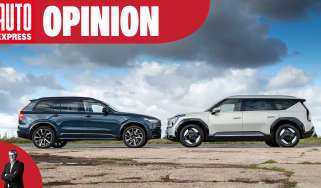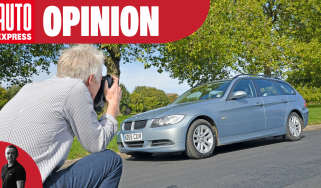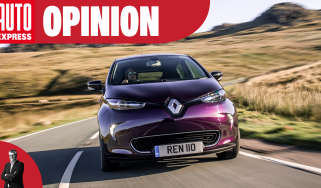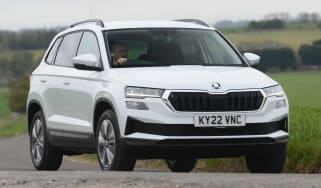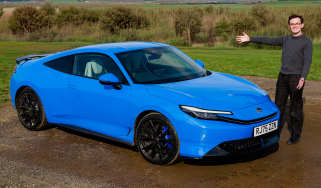Motorists are rejecting electric cars, it's clear hybrids are the answer
Mike Rutherford believes motorists will snub electric cars in favour of hybrids for years to come

So how often do local councils or national Governments embark on market research aimed at discovering what type of car is right for real-world motorists, their families, budgets, jobs and general lifestyles? The short answer is rarely, if ever.
Sure, they stage their occasional consultation exercises, which are largely symbolic and hopeless, because the powers that be tend to do what they want, regardless of the priceless feedback they get (but ignore) from car users. The absence of proper consumer research, the presence of increasingly meaningless consultations, and the general contempt politicians have for circa 42 million licence holders combine to lead us to where we are today: them telling consumers to buy pure-electric cars, while 80 per cent-plus of the buying public says no thanks.
The publication last week of Britain’s official new-car registration figures for 2024 proves the point. They show that, a decade and a half after pure-electric cars arrived in the UK, fewer than two in every 10 buyers bought or leased them over the past 12 months.
But what these numbers do not mention is what I’m about to reveal: hybrids were the flavour of the year. In full, plug-in hybrid or mild-hybrid guises, 857,151 were registered in 2024, making them the new cars that buyers bought most. And it was the least expensive type – petrol mild hybrids – that was particularly sought after. That’s why and how they saw the largest percentage sales growth (a whopping 23.5 per cent) of any cars in ’24 vs ’23.
Pure-petrol models are down but not out, coming second in the table (658,853 bought), then come pure-electrics (381,970), pure-diesel (54,804) and LPG vehicles (1,308).
What we’re seeing thanks to these hitherto secret sales figures is modern motoring history. The long-awaited tipping point has been reached. Hybrids have proven to be so popular that they quietly outsold the combined might of pure-petrol and pure-diesel cars last year. And they’ll continue to do the same in future, I confidently predict.
At least some of the all-important research the politicians haven’t bothered to do is effectively being done for them here – with my up-to-the-minute confirmation that consumers prefer hybrids in general, and mild hybrids in particular, when spending their hard-earned disposable income on new cars. Can you blame them? I’ve said for years, and will continue to say, that mid-priced hybrids represent the sensible, most convenient, just-about-affordable middle ground as they sit very comfortably between generally cheaper pure-petrol cars and typically more expensive 100 per cent electric models.
For the next five, 10 – possibly even 15 – years, they’ll hit the near-perfect sweet spot for many people buying, insuring and running new cars at their own expense. It’s called compromise. And we need much more of it.
Are hybrid cars the future? Tell us your thoughts in the comments section below...


